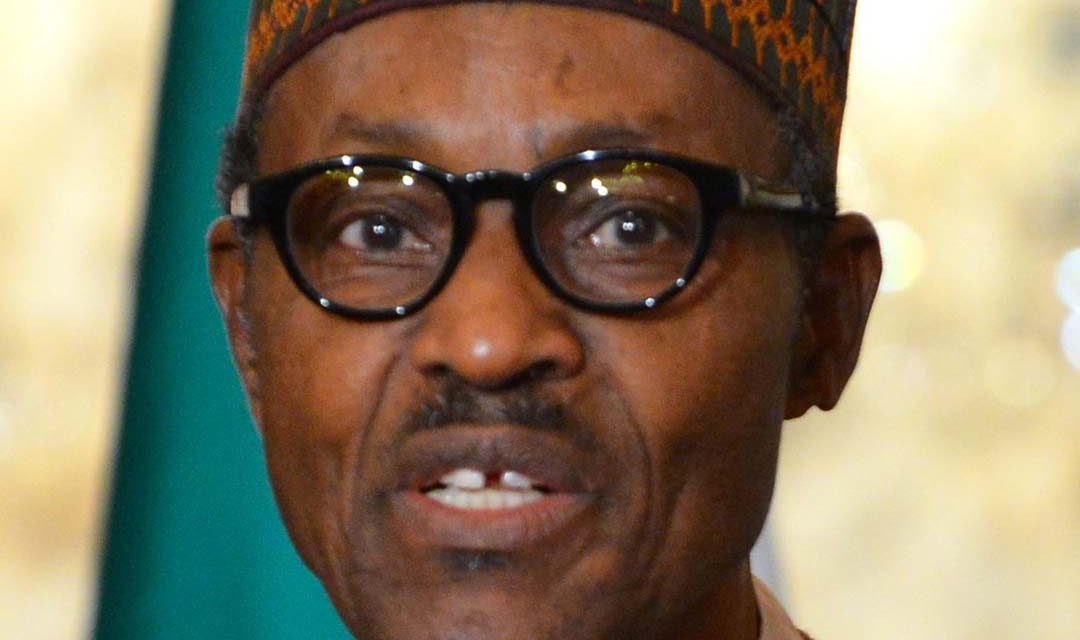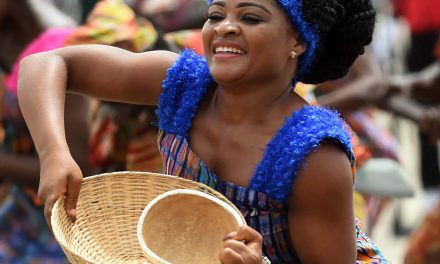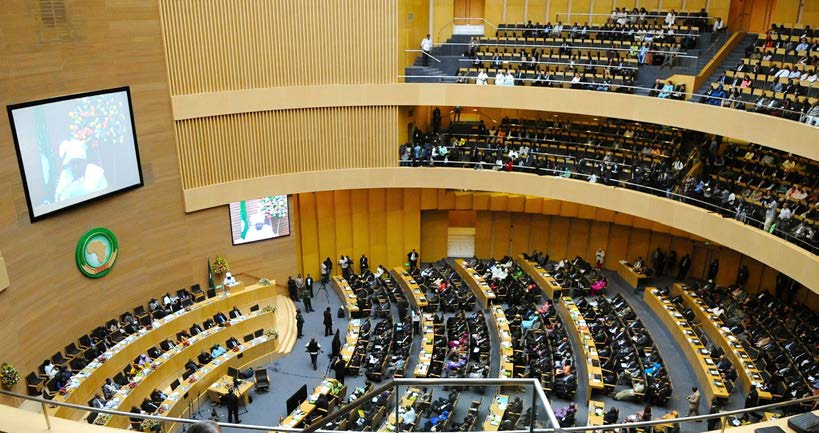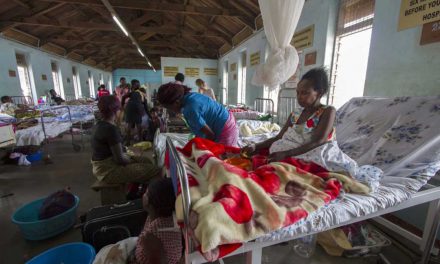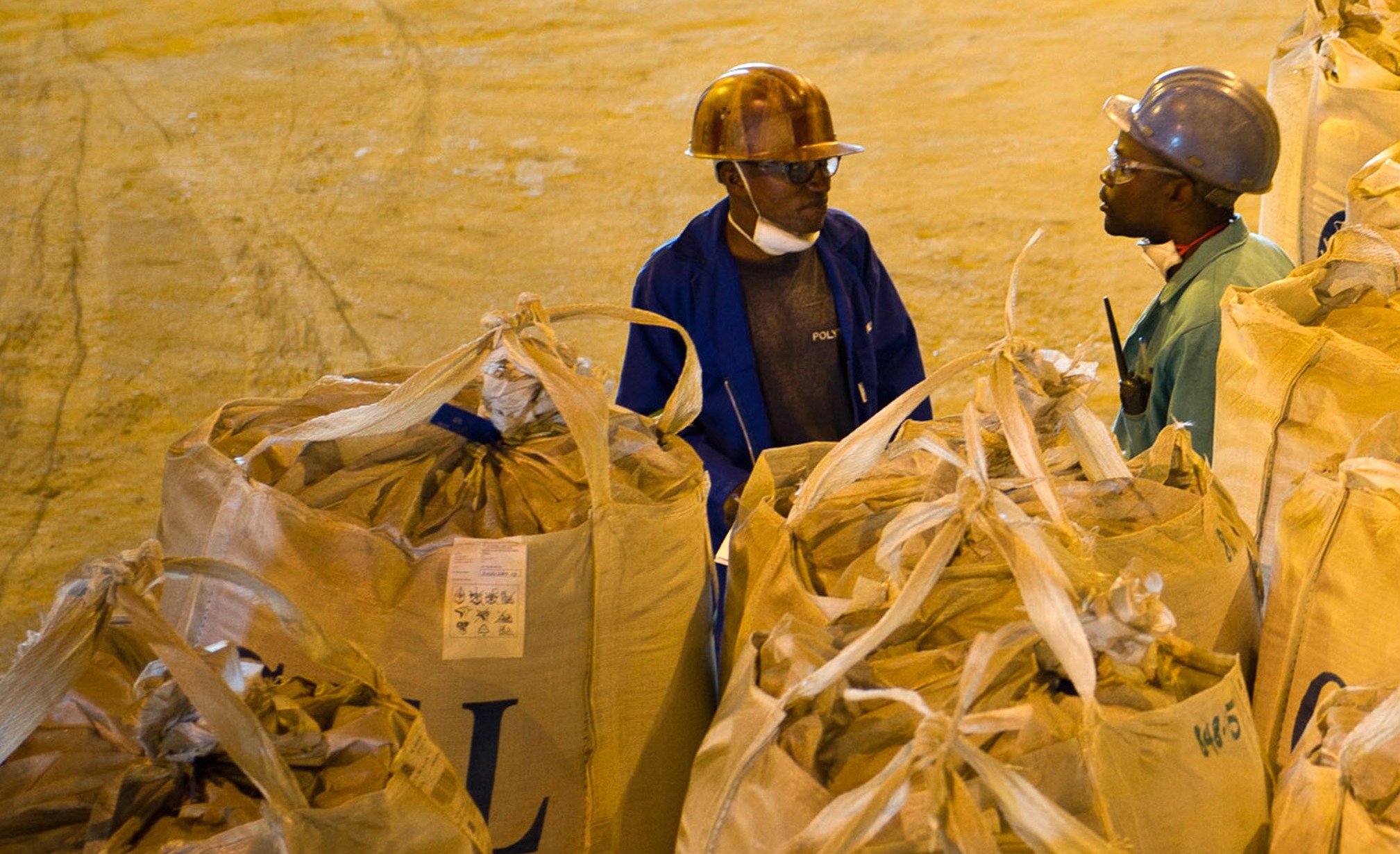Nigeria: Fulani militia
As Nigeria fights jihadists in the north-east and militants in the oil-producing south, a third conflict is simmering at its centre
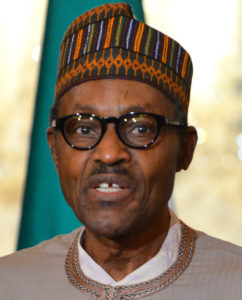
Nigeria’s President Muhammadu Buhari © Creative Commons
Traditional leaders in Riyom, a town in Plateau State, say they have been suffering for 15 years. Since the turn of the century their tribe, the Berom, has been locked in conflict with Fulani herdsmen. They blame the nomads for raiding their villages, trampling their crops and appropriating their land. “We are refugees in our own land,” grumbles Gyang Dahoro, a local monarch, pointing to the horizon where charred houses are strewn like skeletons under rainy skies. Although in constant battles with Fulani herdsmen since 2000, their recent conflicts are part of a bigger puzzle of sectarian violence in Nigeria’s middle belt, home to Muslims and Christians from more than 200 different tribes. Like the Berom, many of them complain of deadly attacks by armed Fulani herdsmen. In 2014 more than 1,200 people died in clashes between nomads and indigenous tribes, according to the 2015 Global Terrorism Index. It found that Fulani “militants” killed an average of eight people per attack, making them the fourth most deadly “terrorist” group in the world. In February 2016 Fulani herdsmen were accused of murdering 300 people and displacing some 20,000 from communities in Benue State. Two months later 500 armed men killed at least 40 people in Enugu, further south. Another 80 lives were lost after a fortnight of sieges on Benue in July. By July this year, the Council on Foreign Relations had recorded 1,039 deaths in sectarian violence. “These Fulani men came to our land and we … allowed them to stay,” says Dahoro. “Then they started attacking us.” Yet the conflict is not as binary as the southern-dominated Nigerian media or international terror rankings suggest. “These are invariably two-way fights,” says Adam Higazi, a researcher affiliated to Cambridge University and MAUTECH, a federal university in Nigeria. “The Fulani are also victims of attacks, with many lives lost.” For example, in Plateau State, Berom youths “systematically” attacked Fulani pastoralists in 2001 and 2010, Higazi argues. Herdsmen say they are the targets of cattle rustling operations—a serious crime in communities where wealth is measured by livestock. “Cattle are our livelihood,” states Ardo Mohammed Bello, a Fulani chief whose community settled on the Jos plateau before his birth 70 years ago. “If a man complains that his crop has been destroyed it may be because he has stolen from us. That is how the Fulani man can have his revenge: an eye for an eye.” Nigeria’s current president, Muhammadu Buhari, is a Fulani. Yet nomads have felt marginalised by state and federal politicians; their itinerant schools, for instance, have crumbled. Formerly, when their cattle were taxed, they moved through grazing corridors and reserves set aside to protect their migratory way of life. But interest in raising revenue from their livestock fell away when easier money bubbled up after the 1970s oil boom. As Nigeria’s population soared, the open spaces were swallowed up by farms and sprawling towns. This makes it “very difficult, and sometimes impossible, to migrate without encroaching onto farms”, Higazi says. “The government is aware that we are denied access to our pathways,” Bello states from a tiny mud house. “It has done nothing.” Religious and ethnic tensions have characterised the middle belt’s politics since independence from British colonial rule, says Hussaini Abdu, of Plan International, a non-governmental organisation, peaking in a series of conflicts between Muslims and Christians in Plateau State from 2001. As modern pressures exacerbate age-old rivalries, the conflict is spilling further afield. Dr Abdu estimates that up to 10 million people may have been displaced as rains fail and the Sahel inches southward. Meanwhile traditional pastures and grazing routes became no-go zones as Boko Haram extended its reach after 2009. Today’s war is one of two worlds, argues Idayat Hassan, director of the Abuja-based Centre of Democracy and Development. It pits nomads, or semi-nomads, against indigenes, pastoralists against farmers and Muslims against Christians (most Fulani are Muslim). “It is a conflict between two production systems: an economic struggle over resources,” she says. Some theories suggest that the conflict is becoming increasingly organised: both the government and farming communities think that the culprits travel from abroad. “These men are from Chad and Niger and Sudan,” says Dahoro. “They are tall and haggard, with different facial marks to our Fulani.” The information minister, Lai Mohammed, recently suggested that the perpetrators had voyaged from Mauritius, an island off the other side of Africa. “The herdsmen attacking Nigerians across the country are not Fulani but another gang of Boko Haram insurgents from other countries,” the agriculture minister said in May. Berom leaders agree. “These men are wearing black uniform,” says Gyang Dalyop, a colourfully attired monarch in Plateau State. “They are jihadists getting guns from terrorist organisations in Syria and Libya. Our suspicion is that it is an organised arrangement supported internationally, with a motive to eliminate people like the Berom.” Boko Haram may have bombed cities such as Jos and Kaduna, which are outside its normal stronghold, but this does not tie it to the rural conflict. Pastoralists, like farmers, are also victims of the Islamists’ violence. Thousands have been killed, prompting some Fulani to arm themselves against Boko Haram. Hassan says the conflict is more about rural banditry than Boko Haram. This is no surprise. Nigeria has not produced enough jobs or quality schools for its young and is awash with weapons, some of which are thought to have swept south from Libya after the so-called Arab Spring. Forests in states including Zamfara, Katsina and Kaduna have been overrun by cattle rustling gangs that tax communities and mount murderous raids on towns. “They operate as a state within a state,” Abdu explains. “The problem is under-reported because it involves people of the same Hausa-Fulani ethnic stock. It doesn’t fit into a narrative about ethnic divisions of the country.” The conflict is costing the country. Mercy Corps, a US-based humanitarian organisation, says Nigeria could add US$13.7 billion a year to its economy if peace were restored in Benue, Kaduna, Nasarawa and Plateau states alone. Sectarian fighting has “impeded market development and economic growth by destroying productive assets, preventing trade, deterring investment, and eroding trust between markets actors,” it said in a report last July. In Plateau State a military deployment with a remit to conduct community mediation has won plaudits for restoring a shaky kind of peace this year. Troops were recently dispatched against armed bandits in Zamfara. Yet Nigeria’s security forces are spread thin as they fight both Boko Haram and pipeline-bombing militants in the southern Niger Delta. In April the UN called on Buhari’s government to do more to protect its citizens following reports that the army had failed to act on warnings about the Enugu attack. “We are … worried by the complete impunity enjoyed so far by perpetrators of previous attacks,” it said. Meanwhile, Nigerian lawmakers are considering a new bill to establish protected land for herdsmen. Reserves and grazing routes are already accounted for in legislation, but this is usually ignored. Re-allocating cultivated land, meanwhile, could prompt new disputes. Yet Higazi believes that opening up old grazing paths could avert some of the fighting. “The solution is for farmers and pastoralists to share use of the land on a rotational basis,” he says, adding that Fulani cattle could fertilise harvested fields. “They do not have to be in competition.” The challenge for President Buhari will be responding to a crisis founded on local grievances rather than one political or ideological aim. As Nigeria’s population grows and its climate changes, the middle belt conflict threatens to spill even further beyond its traditional boundaries.
Eleanor Whitehead is a reporter at the Financial Times focusing on business, policy and development. She has a particular interest in sub-Saharan African consumer markets. Her work is also published in Business Day, Forbes and The Independent.

